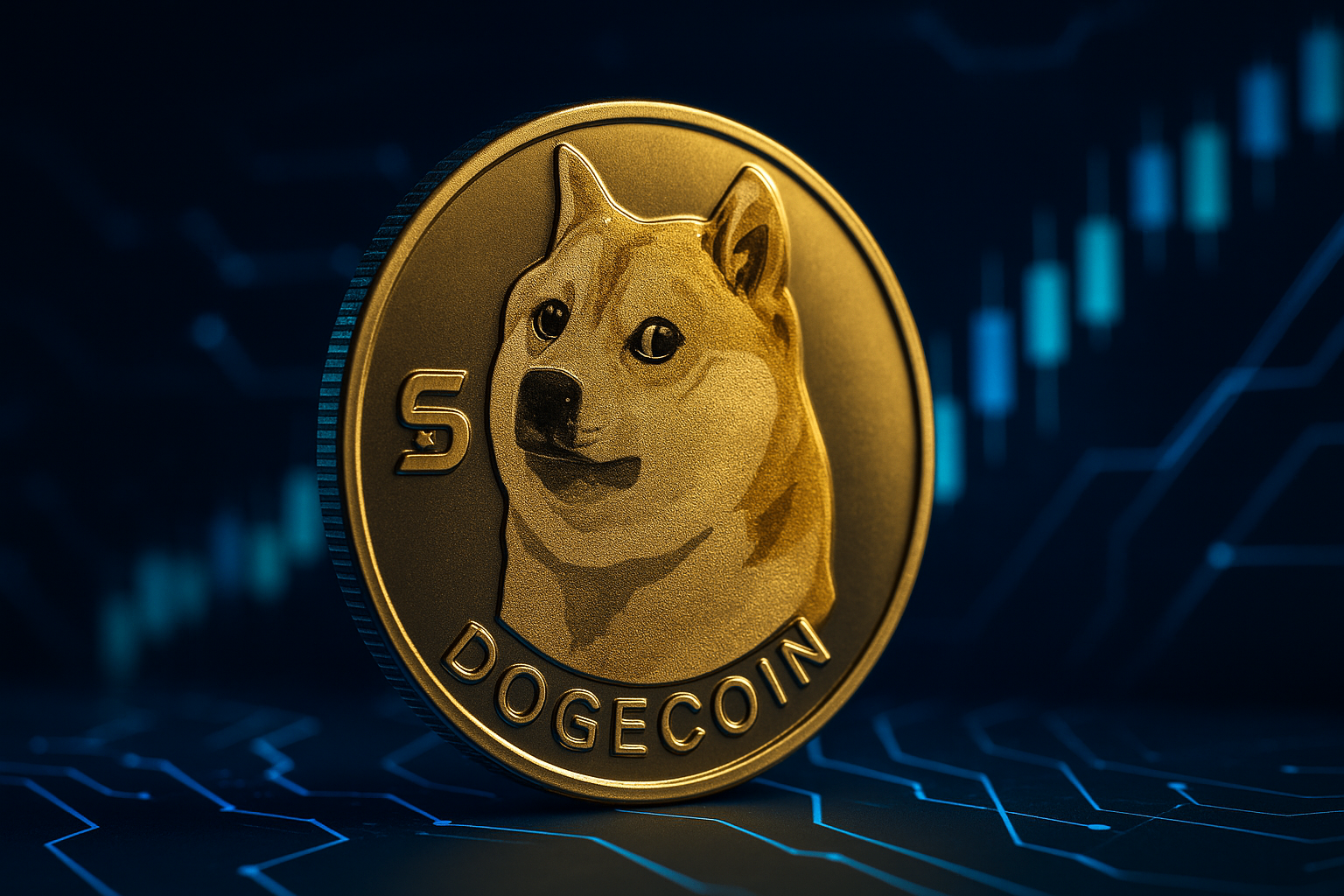Galaxy Digital, a well-known name in the cryptocurrency industry, has officially closed its first venture capital fund supported by external investors.
The fund, named Galaxy Ventures Fund I, LP, has raised $175 million – surpassing its original goal of $150 million.
This is a big change for Galaxy. Since its founding in 2018 by former Goldman Sachs partner Mike Novogratz, the company has used only its own money for venture investments. This time, however, Galaxy welcomed new backers.
These include institutional investors, family offices, and fund-of-funds that already work with Galaxy’s asset management business.
Galaxy itself is still heavily involved in the new fund. It holds both general partner and limited partner positions.
The fund is managed by general partner Mike Giampapa, with support from co-lead Will Nuelle and the Ventures Platform team. This group is responsible for helping startup companies grow and operate effectively.
The new fund focuses on investing in early-stage crypto startups. These are young companies working on practical blockchain technology – tools that can be used in the real world. Galaxy is particularly interested in areas like decentralised finance (DeFi), stablecoin systems, tokenisation, and blockchain payment platforms.
According to Giampapa, more investors are now interested in on-chain financial services and programmable money, especially as the market starts to move away from speculative projects.
“We’re seeing a fundamental shift from more speculative use cases of blockchains to something much more tangible”, Giampapa told Fortune.
He also added, “Quietly, we had this stablecoin revolution”, referring to how stablecoins are gaining ground as a solid foundation for digital finance.
The fund had its initial close in July 2024, raising $113 million at that time. Since then, Galaxy has already invested about $50 million into a number of promising startups.
These include Monad, a blockchain built for fast and efficient trading, and Ethena, a protocol that issues synthetic stablecoins with yield-earning features. Other early investments include Arch Lending, Rail, and Yellow Card.
Unlike some companies, Galaxy isn’t using a “corporate venture” model for this fund. That means it’s not investing in startups just because they could help Galaxy’s core business. Instead, the firm is focused on strong returns. Giampapa made it clear: “We’ve never taken a corporate venture approach”.
Why Galaxy is doing this now
Galaxy’s decision to open its venture fund to external capital comes after years of using its own money to back startups.
According to Giampapa, the idea to raise outside capital had been under consideration for a while. But it was the collapse of FTX in 2022 that pushed Galaxy to move forward with the plan.
“While the industry was getting our feet underneath us again, it became obvious that we wanted to take our venture franchise to the next level”, Giampapa said.
The crypto world has changed a lot since the FTX crash. Many investors now want to back projects with more practical uses. These include payment systems, lending platforms, and stable digital currencies.
Galaxy’s new fund is designed to meet that demand by backing companies that are building real products and services-not just chasing short-term hype.
The fund also gives Galaxy a way to bring its institutional clients closer to early-stage crypto startups. Giampapa explained that the venture strategy matches Galaxy’s long-term goal: to bring together traditional finance and digital finance.
“We’ve had this thesis going back pretty much since Galaxy’s inception. We think these two worlds are colliding. We want to invest at the earliest stages”, he said.
While the identities of the fund’s outside investors have not been made public, Galaxy described them as significant players in the financial world. Many of them already have relationships with Galaxy through its asset management business.
So far, the fund has made several investments in new companies focused on improving blockchain performance, stability, and scalability.
By targeting these areas, Galaxy hopes to support the building blocks needed for blockchain to become a part of everyday financial services.
Galaxy’s broader plans
Galaxy Digital is not new to challenges. The company, which went public on the Nasdaq in May 2025 under the ticker GLXY, has had to recover from a number of setbacks.
These include losses tied to the failed Luna stablecoin and a $295 million net loss in the first quarter of 2025. That loss came largely from the decline in crypto prices and issues in Galaxy’s mining division.
Despite these problems, Galaxy remains one of the most active and well-known crypto firms in the US. Today, the company manages over $7 billion in assets. It operates across several areas, including asset management, crypto mining, proprietary trading, and exchange-traded funds (ETFs).
Galaxy’s Nasdaq debut came shortly after other crypto companies like Coinbase and eToro made moves in the public markets. On the first day of trading, Galaxy’s stock jumped more than 15%.
Novogratz described the Nasdaq listing as a “milestone” and said it would help Galaxy bring more investors into the digital asset and artificial intelligence markets.
Galaxy’s ETF business is also expanding. In early 2024, the firm partnered with Invesco to launch a spot Bitcoin ETF.
More recently, it filed to create a Solana-based ETF, registering it in Delaware in June 2025. This move shows Galaxy’s continued belief in blockchain networks beyond Bitcoin and Ethereum.
The company is also exploring the tokenisation of its own equity. This means Galaxy is looking into a way to turn its shares into digital tokens that could be traded and used within decentralised finance platforms.
If successful, it would be one of the first large firms to make this kind of move, potentially changing how stocks interact with blockchain technology.
According to Novogratz, Galaxy is also putting resources into artificial intelligence. He sees both AI and blockchain as the two most important areas for long-term innovation.
The company plans to grow in both sectors and continue to bridge traditional financial services with new digital tools.
Galaxy’s leadership remains focused on building despite past losses. The launch of Galaxy Ventures Fund I is part of a broader strategy to keep the company at the forefront of crypto innovation.
By backing early-stage startups, Galaxy is positioning itself to benefit from the next wave of blockchain developments.
As Novogratz recently said, the strong interest in the venture fund is a sign that serious investors still believe in blockchain’s potential to transform finance.
The $175 million fund is not just a financial win – it’s a clear signal that Galaxy is committed to shaping the future of crypto.


